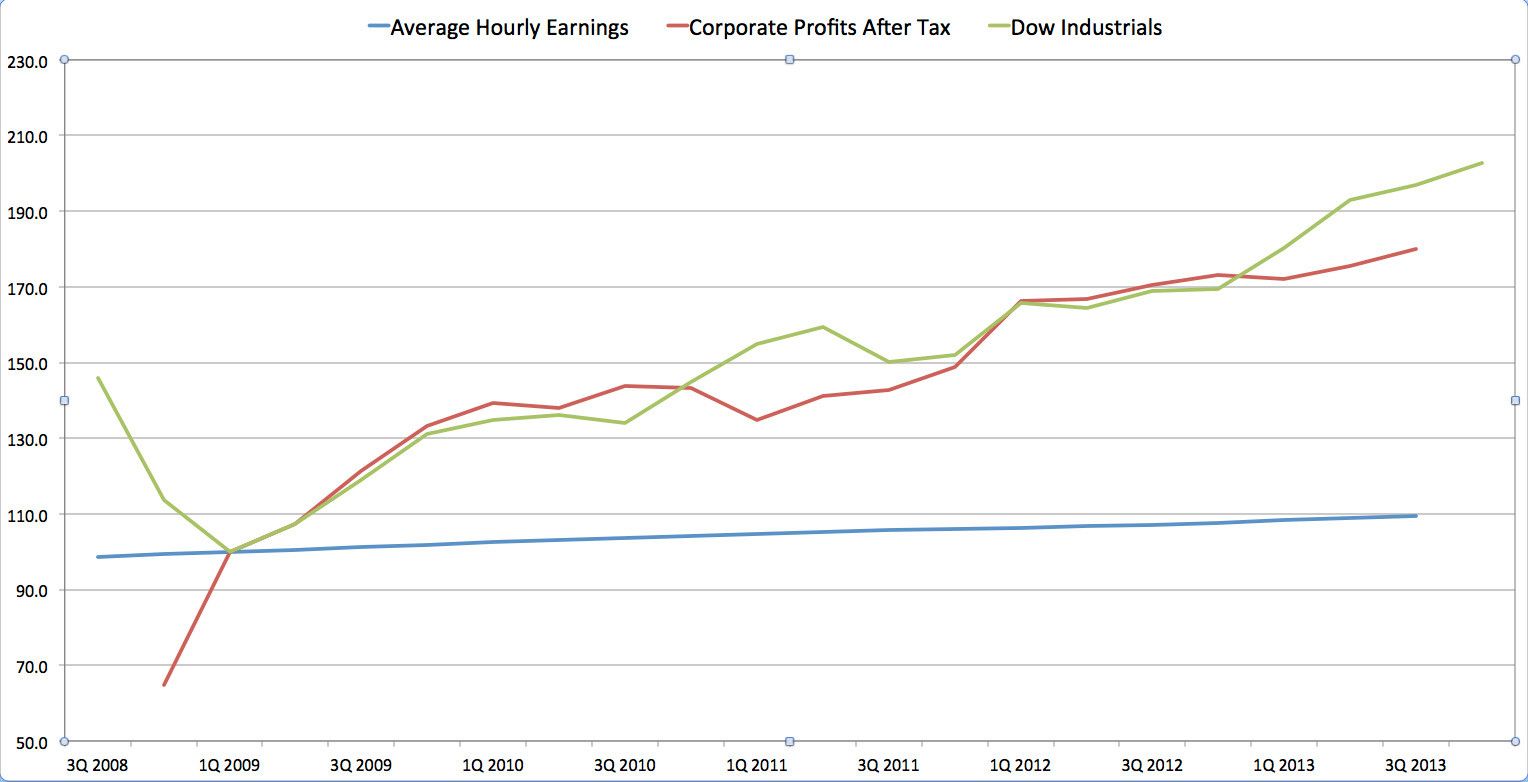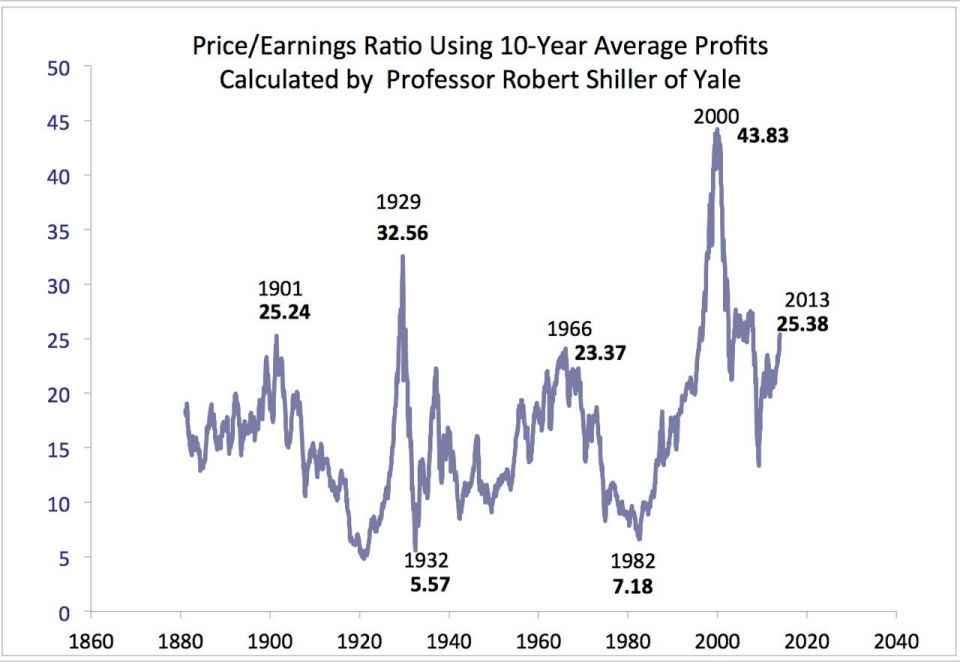“Punting the Pundits” is an Open Thread. It is a selection of editorials and opinions from around the news medium and the internet blogs. The intent is to provide a forum for your reactions and opinions, not just to the opinions presented, but to what ever you find important.
Thanks to ek hornbeck, click on the link and you can access all the past “Punting the Pundits”.
Follow us on Twitter @StarsHollowGzt
Bob Garfield: Who needs facts? We appear to be in the Post-Information Age now
Evidence? Ha. That’s for humanists, scientists and who knows what other dangerous-ists. It’s all about how we feel now
Remember the Information Age? That was such an interesting period, when digital technology and the thirst for understanding converged to give the human race unprecedented access to heaps of revealing data, contemporaneous and historical. All you had to do was analyze the information without prejudice and the secrets of the world unfolded before you – from the human genome to weekend crime in your town, from the value of the two-out stolen base to the origin of the universe.
But nothing lasts forever. Objective analysis is just so 2013. Facts are over, replaced by feelings and free-floating certainty. Sure, so-called Big Data will get bigger still, but only in service of targeted diaper advertising and spying on citizens. For everything that matters, as of now, we are smack in the Post-Information Age.
Amy Goodman: Congress to the Unemployed: Eat Confetti
Is this really how we want to start the new year, by denying unemployment benefits to more than a million Americans who have lost their jobs? The bipartisan budget agreement passed by Congress and signed by President Barack Obama protects military spending, but promises to throw the most desperate in our economy into increased financial hardship, thrusting hundreds of thousands of families beneath the poverty line. The long-term unemployment rate is at the highest it has been since World War II, while the percentage of those receiving the benefits is at its historic low. Meanwhile, Wall Street bankers are popping the corks, celebrating a banner year for the stock market. As brokers await their bonuses, many more of the unemployed will head for the breadlines.
What’s the economic issue we should focus on – jobs, or inequality? An increasing number of people, including the President and New York’s new mayor, have suggested that inequality of wealth and opportunity is the defining issue of our time.
But some of the folks at the Washington Post’s “WonkBlog” are having none of it. First editor Ezra Klein declared that unemployment, not inequality, should be the left’s defining issue. That drew responses from the likes of Paul Krugman and Jared Bernstein (and yours truly, here). [..]
But why are we arguing about hypothetical futures and ignoring the very real present? We’re still in a situation where the “multiplier effect” – the amount of growth which can be achieved through government spending – is very high. The situation cries out for higher taxation on the wealthy and corporations, coupled with investment in jobs and growth. In other words, it calls out for the very same policies which would reduce inequality.
In the end it’s one challenge, not two or three.
Jill Filipovic: The nuns’ Obamacare contraception lawsuit isn’t about religious freedom
Catholic groups claim that filling out a form violates their beliefs. But they really want to mandate that we share the same values
Does religious liberty extend to the right to not have to fill out paperwork? That’s the latest position religious organizations are taking against the Affordable Care Act (ACA). It’s crazy, yes. But, welcome to the future of “religious freedom” litigation.
On New Years Eve, supreme court Justice Sonia Sotomayor issued an injunction blocking the Obama administration from implementing the aspect of the ACA known as the “contraception mandate”, which requires employee insurance plans to cover a range of preventative women’s health needs. The government has until today to respond. The injunction itself is standard legal procedure, and says little about how Sotomayor or the rest of the court will rule on the merits of the case. But the lawsuit itself, and the related suits challenging the contraception mandate, offer an increasingly troubling look at just how far peddlers of far-right ideology will go not just to claim their own right to live according to their beliefs, but to mandate that you and I do the same.
Dirk van Zyl Smit: Even life prisoners should have hope and a chance to change
Considering someone for release is not the same as releasing them. David Cameron’s proposed 100-year sentence would be much like a death penalty
Why would one consider releasing someone who committed a heinous murder and was subsequently sentenced to life imprisonment? This is not a question that troubles everyone. The prime minister, for example, was quoted on Thursday as saying: “There are some people who commit such dreadful crimes that they should be sent to prison and life should mean life.” He clearly supports the current system where, in particularly serious cases, a court may add a whole life order to a sentence of life imprisonment and thus prevent release ever being considered.
The question is not so easily dismissed, however. A commitment that we will never consider the release of some offenders serving life sentences, except perhaps when they are at death’s door, means that we write them off permanently. It means that we deny that with the passage of time they may change for the better; or that we may change our assessment of their crimes.
Worse still, we are denying some fellow humans all hope. In that sense we are putting them in the same position as those awaiting execution on death row.
E. J. Dionne, Jr.: The Resurgent Progressives
The re-emergence of a Democratic left will be one of the major stories of 2014. Moderates, don’t be alarmed. The return of a viable, vocal left will actually be good news for the political center.
For a long time, the American conversation has been terribly distorted by the existence of an active, uncompromising political right unbalanced by a comparably influential left. As a result, our entire debate has been dragged more and more in a conservative direction, meaning that the center is pushed that way too.
Consider what this means in practice. Obamacare is not a left-wing program, no matter how often conservatives might say it is. Its structure is based on conservative ideas. The individual mandate was the conservatives’ alternative to a mandate on employers. The health care exchanges are an alternative to government-provided medicine on the Medicare model.



Recent Comments